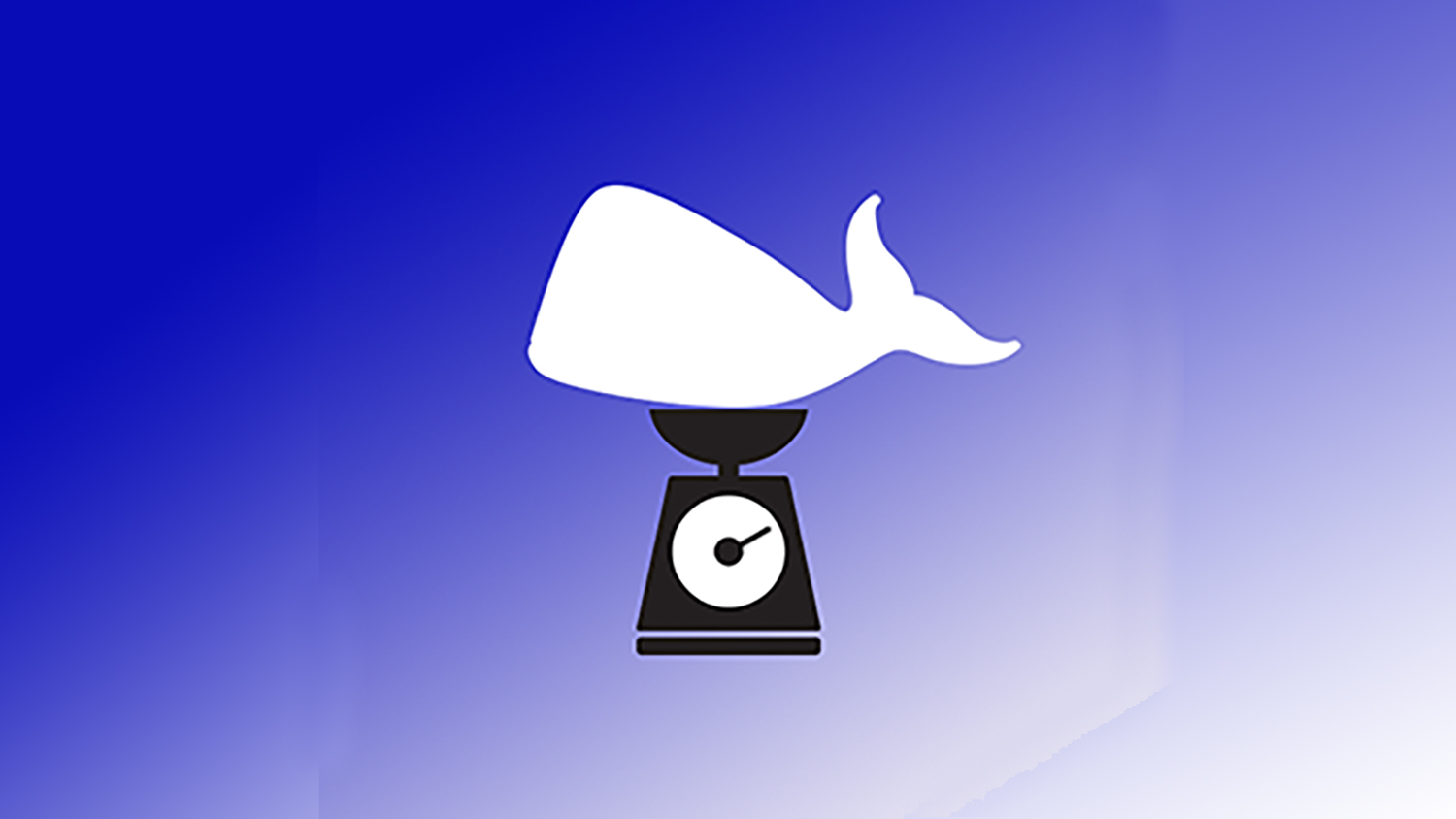Craig Harms has seen his share of stranded whales and dolphins as an NC State aquatic wildlife veterinarian based on the North Carolina coast. Now, thanks to a collaboration with the College of Charleston, Harms is enabling first responders to provide aid to these animals via iPhone.
“I get consulted about beached cetaceans – dolphins and whales – a lot,” Harms says. “The first thing I ask about them is the length, because having a reasonably accurate weight estimate is crucial to the success of most stranding response activities and we can get reasonable weight approximations from length.”
Harms used to keep length-to-weight data formulas on hand for these occasions, but found that manually calculating estimated weights was inefficient and having ready-made equations in a spreadsheet only worked if he had a computer with him. So the idea for an app was born.
A collaboration with College of Charleston marine biologist Leslie Hart and undergraduate student Kerry Wischusen produced WhaleScale, the first cetacean weight calculating app for iPhone.
The app includes equations for 23 cetacean species based on stranding data and published data for animals ranging in size from harbor porpoise to blue whale. By selecting the species and entering the length in centimeters, the app calculates the expected weight in kilograms. If the animal is noticeably well-conditioned or thin, stranding responders can round up or down with the aid of visual reference to accompanying charts.
The app launched in June of this year, and has recently been updated to version 2.1. From the feedback he’s received and the use he’s already gotten out of it, Harms believes that WhaleScale is a success. “I’m very pleased with it,” Harms says, “and hope that other marine mammal specialists find it useful.”
WhaleScale is currently only available for the iPhone, and can be downloaded from the Apple app store.
- Categories:



